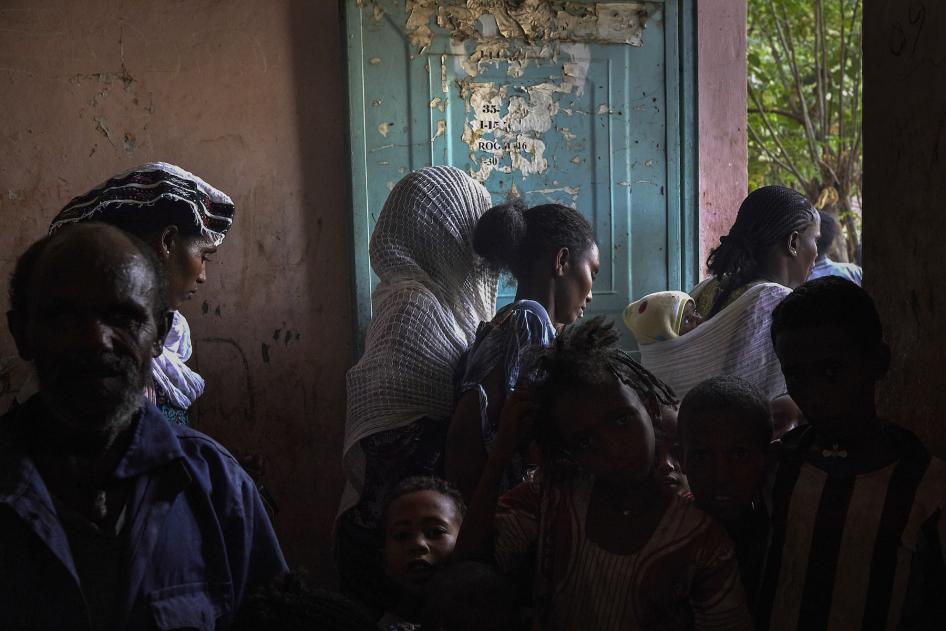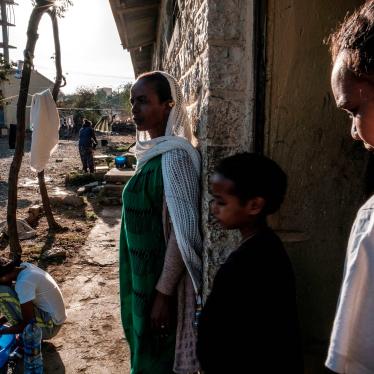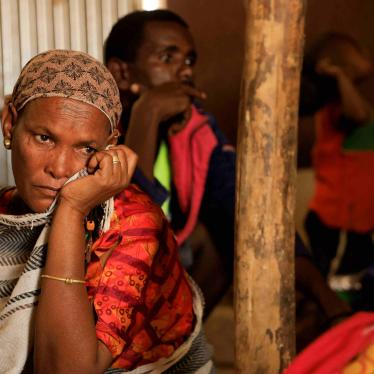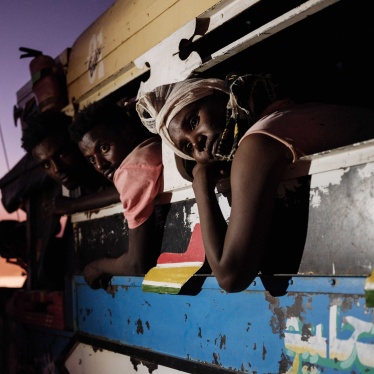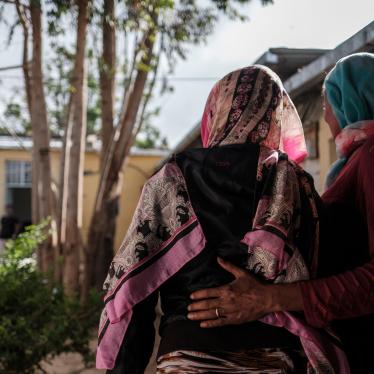Last week, an independent United Nations inquiry into serious violations committed since the outbreak of armed conflict in northern Ethiopia released a report to the UN Human Rights Council in Geneva. Its findings are chilling.
The report, by the International Commission of Human Rights Experts on Ethiopia (ICHREE), exposes wide-ranging atrocities during the conflict, documenting 49 mass killings of Tigrayan civilians by Ethiopian and Eritrean forces, widespread and systematic sexual violence against 10,000 Tigrayan women and girls, starvation, forced displacement, and arbitrary detention. It concludes that all warring parties, including Tigrayan forces, committed war crimes, and that federal government forces and their allies, including Eritrean forces, committed crimes against humanity.
ICHREE warned that neither the conflict nor violations in Tigray have ended, with abuses taking place on a national scale. It underscored significant violations in the regions of Amhara, Oromia, and elsewhere, pointing to mass arrests of ethnic Amhara since the government imposed a state of emergency in August.
ICHREE called for real accountability and questioned the Ethiopian government’s pledges to deliver on it. “Ethiopia has failed to effectively investigate violations,” the report says, noting that the government’s deeply flawed domestic process has served primarily to evade international scrutiny. “Impunity, rather than accountability, is the norm regarding past violations.”
Victims and their families across Ethiopia have consistently called for genuine investigations, justice, and redress, but have no trust in the country’s institutions to deliver. Victims and rights advocates have called on the European Union, which led efforts to establish ICHREE in 2021, to present a text to renew its mandate.
But with one week left to present draft resolutions at the Human Rights Council, there is still no indication the EU will present any follow-up text.
Victims’ hopes should not be abandoned by letting the situation in Ethiopia drop from the Council agenda. The Council should uphold ICHREE’s recommendation to “provide for continued international scrutiny and investigations into past and ongoing violations” by renewing the investigation’s mandate.
The EU should promote human rights and accountability in Ethiopia by committing to a resolution to continue investigations into violations, report on the implementation of ICHREE’s recommendations, and seek public reporting to the Human Rights Council on Ethiopia’s situation. Not doing so would be renouncing its own commitments.


